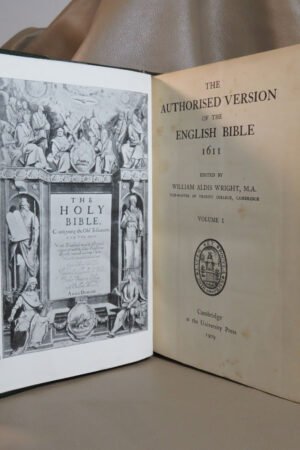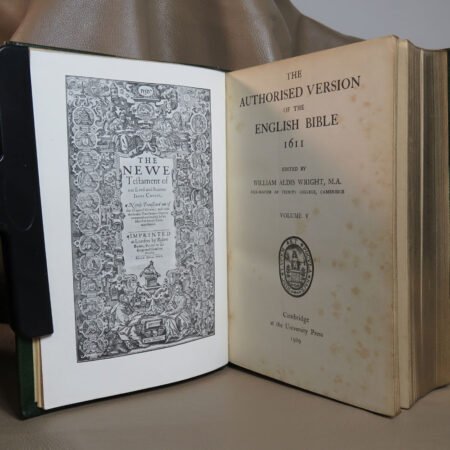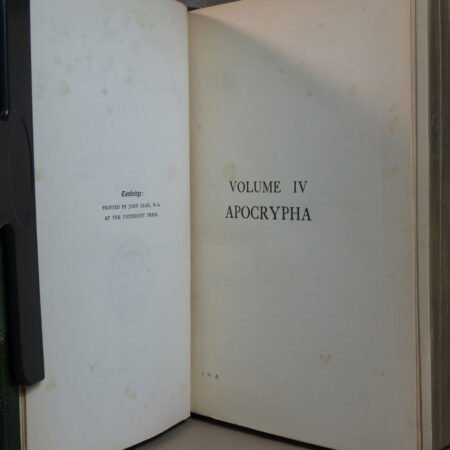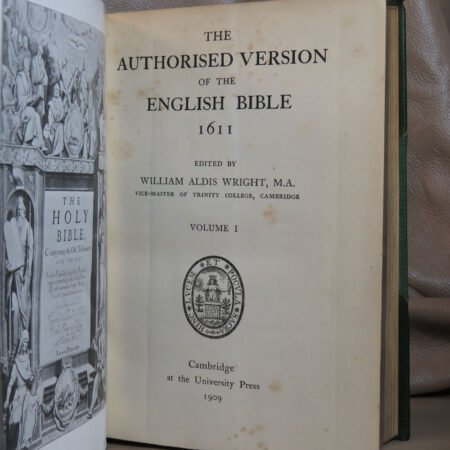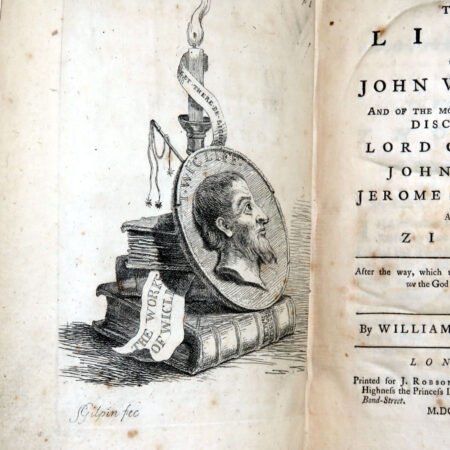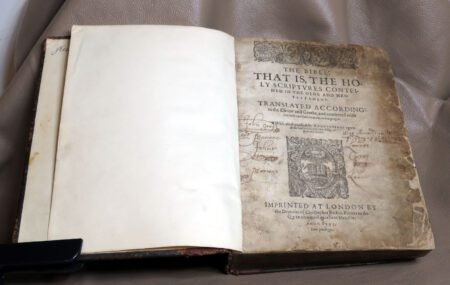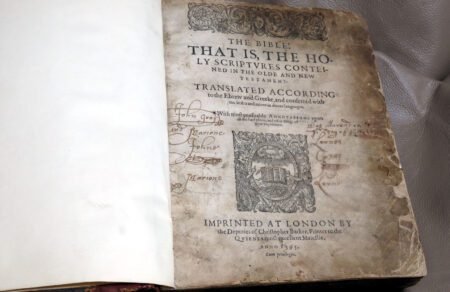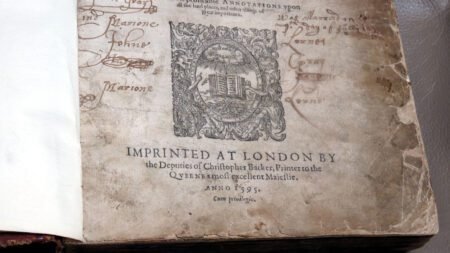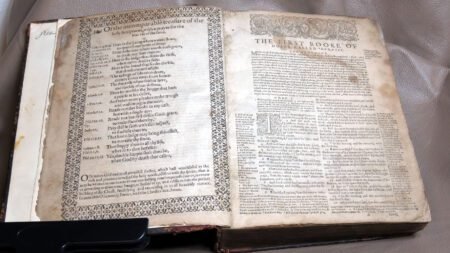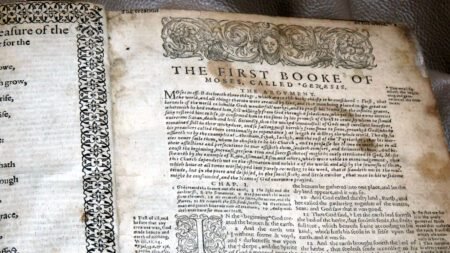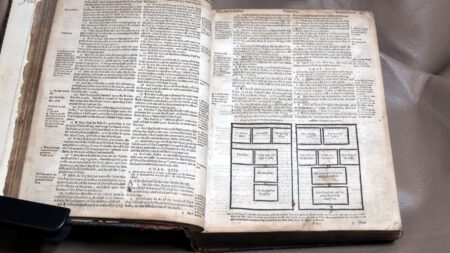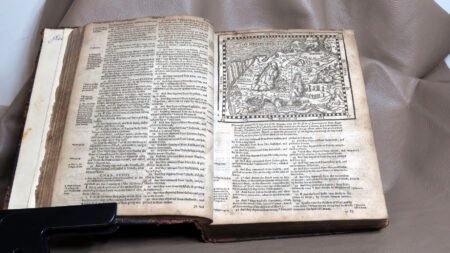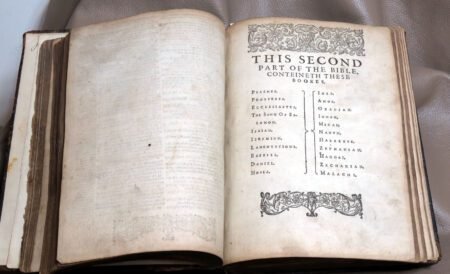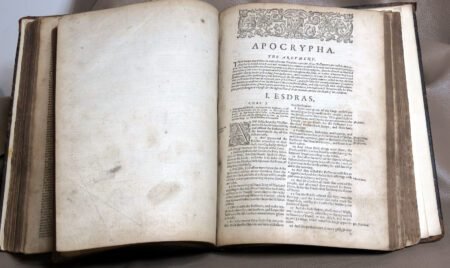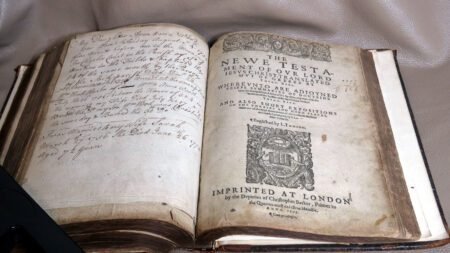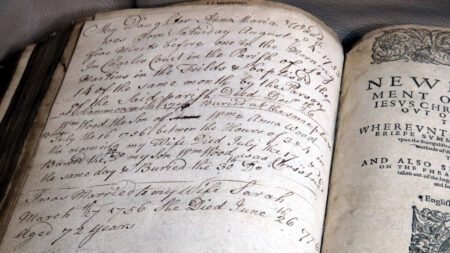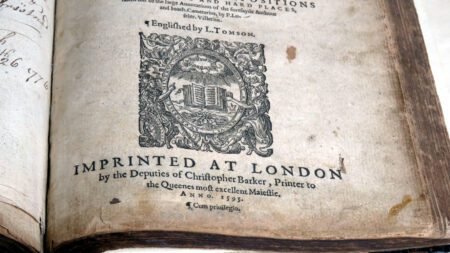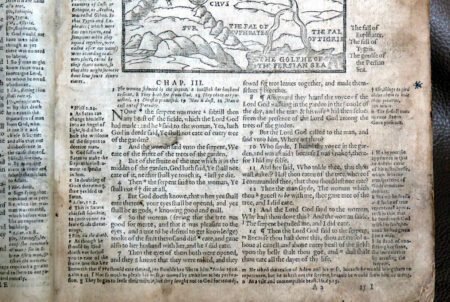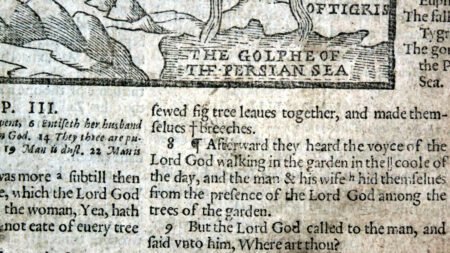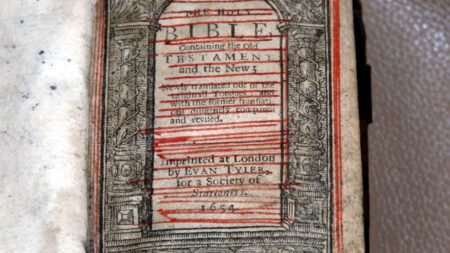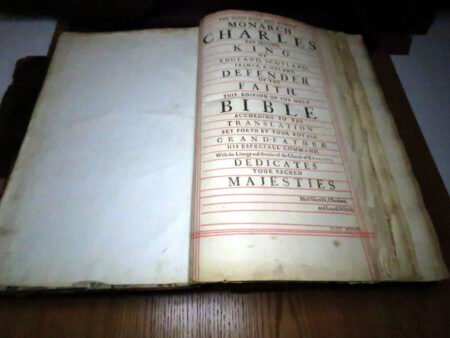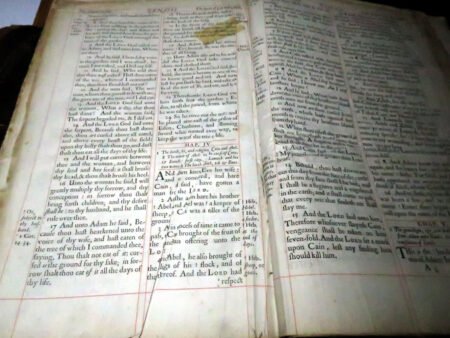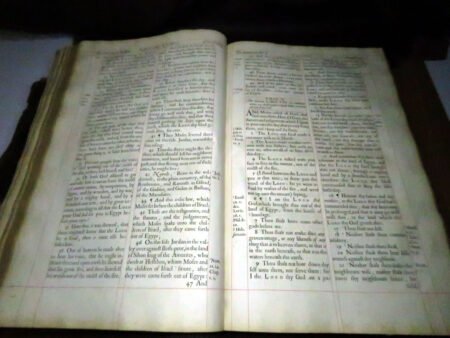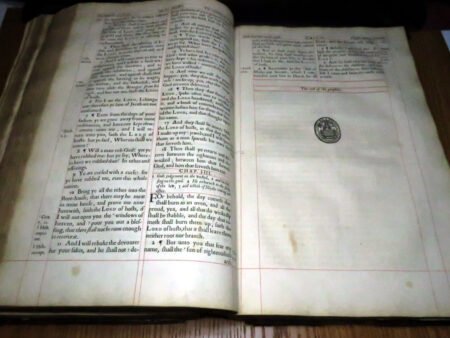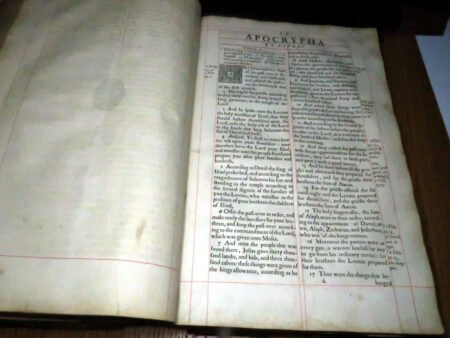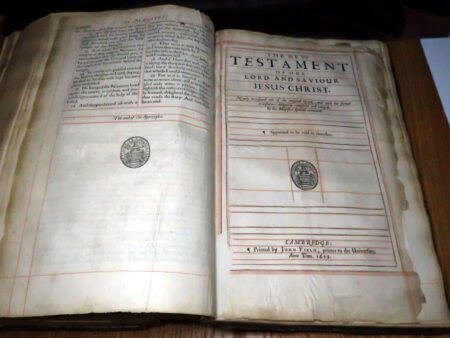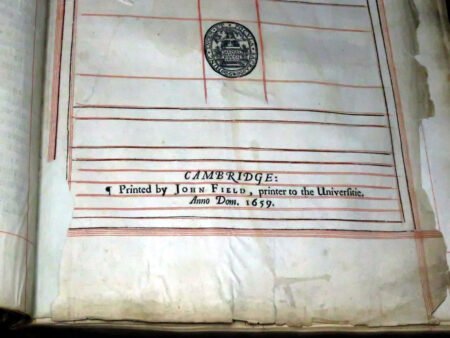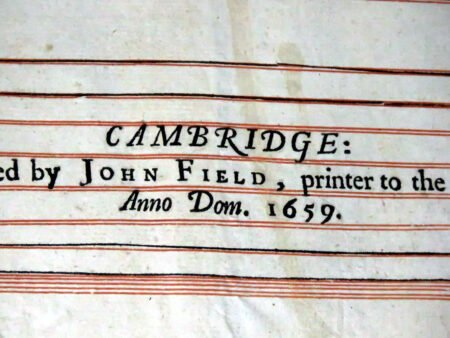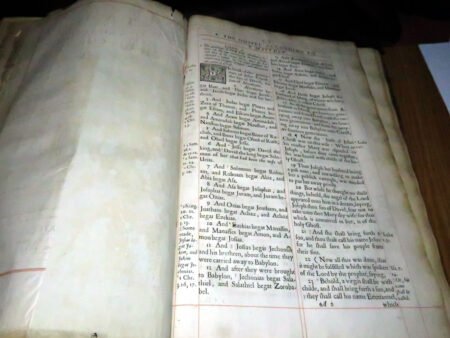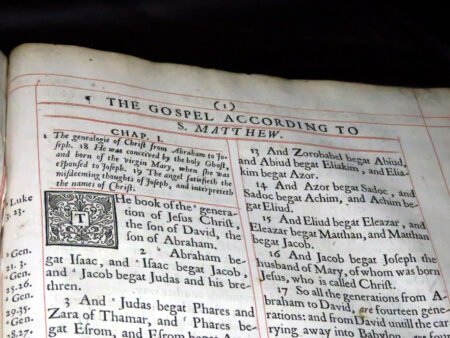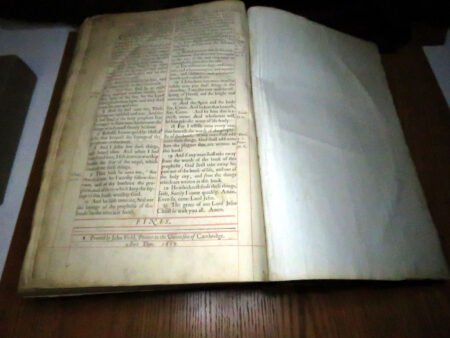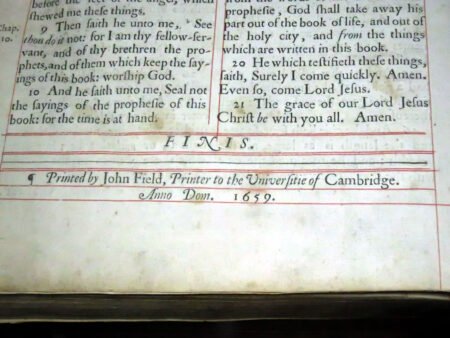The Westminster Standards are a collection of documents that serve as the doctrinal standards of many Presbyterian denominations. They were written during the seventeenth century and have since become an essential part of the Reformed tradition. In this article, we will explore the history, purpose, and content of the Westminster Standards.
History of the Westminster Standards
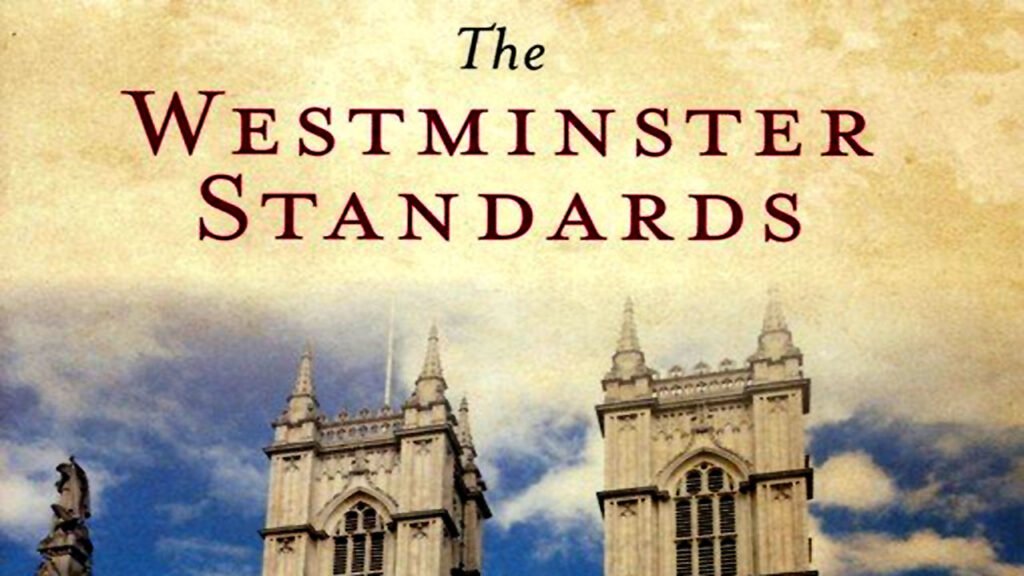
The Westminster Standards were created by the Westminster Assembly, which was convened by the English Parliament in 1643. The Assembly was composed of theologians and clergy from both England and Scotland who were tasked with reforming the Church of England. Over the course of five years, the Assembly produced a number of documents, including the Confession of Faith, the Larger Catechism, and the Shorter Catechism.
Purpose of the Westminster Standards
The purpose of the Westminster Standards was to provide a clear and consistent statement of the Reformed faith. They were intended to unify the Presbyterian Church and provide a foundation for theological teaching and practice. The Westminster Standards also served as a response to the teachings of the Catholic Church and other Protestant denominations.
Content of the Westminster Standards
The Westminster Standards consist of three documents: the Confession of Faith, the Larger Catechism, and the Shorter Catechism. Some of the key points of each document are:
- The Confession of Faith: This document contains 33 chapters that outline the basic beliefs of the Reformed Church. It includes topics such as the nature of God, the authority of scripture, and the role of the church in society.
- The Larger Catechism: This document consists of 196 questions and answers that provide a systematic explanation of the Reformed faith. It covers topics such as the Ten Commandments, the Apostles’ Creed, and the Lord’s Prayer.
- The Shorter Catechism: This document consists of 107 questions and answers that provide a concise summary of the Reformed faith. It covers topics such as the nature of God, the fall of man, and the person and work of Christ.
Importance of the Westminster Standards
The Westminster Standards have played an important role in the development of Reformed theology and practice. They have served as a standard of orthodoxy for many Presbyterian denominations and have been used as a basis for theological education and pastoral training. The Westminster Standards also remain an important resource for Christians and anyone interested in the history of Christianity.
Conclusion
The Westminster Standards are essential documents for understanding the beliefs and history of the Reformed Church. They provide a clear and consistent statement of faith that has served as a foundation for Reformed theology and practice for centuries. While the Westminster Standards are primarily historical documents, they remain important resources for Reformed Christians and anyone interested in the history of Christianity.

